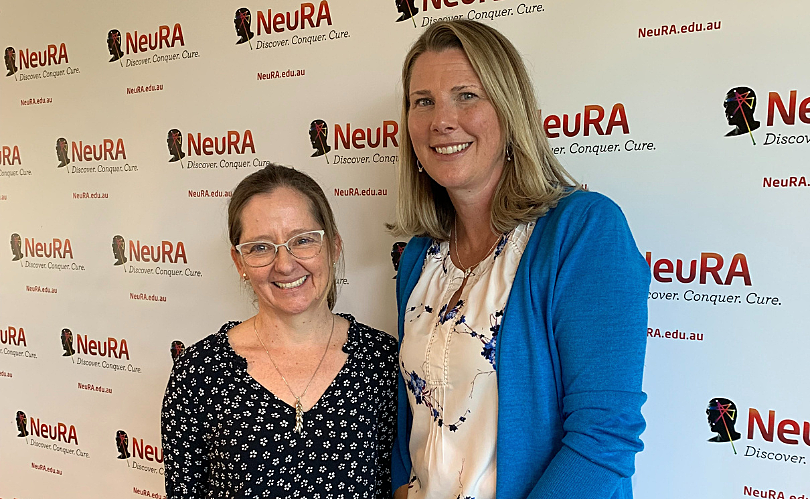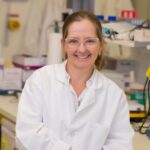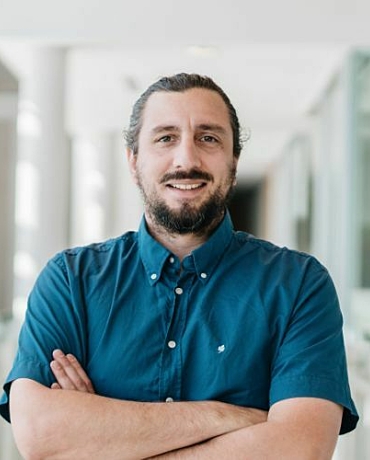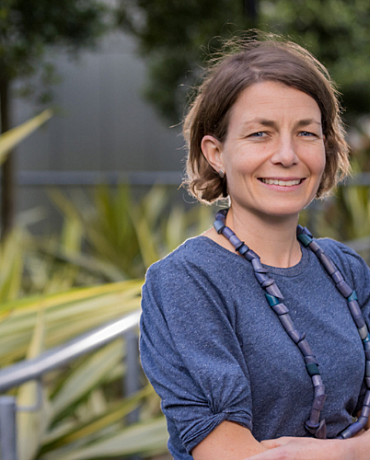Based at the University of California, Davis, and a collaborator of Dr Tertia Purves-Tyson, head of NeuRA’s Preclinical Neuropsychiatry research group, Professor Melissa Bauman’s research is focused on understanding how changes in the prenatal environment may increase the likelihood of autism, schizophrenia and other neurodevelopmental conditions.
Tell us about yourself and your research background?
I’m a neuroscientist by training and an autism researcher. About 20 years ago, I became interested in understanding how changes in a pregnant woman’s immune system can shape fetal brain development and how in some cases those changes may increase the likelihood of neurodevelopmental disorders.
What motivated you to get into this type of research?
That’s a great question! I’ve had a long standing interest in autism and was frustrated early on in my research career that we had very few clues as to what might be causing autism. As data began to emerge suggesting that changes in the maternal fetal immune environment could be implicated, I thought that this was fascinating. When I set down this path, it was an understudied area of research and I thought I could make a difference.
How are you currently collaborating with NeuRA?
I have a collaboration with Dr Tertia Purves-Tyson, whose research focuses on hormones and neuroinflammation. She and I met at a conference in 2019 and have a shared interest in understanding the prenatal immune environment. My laboratory in the US is going to be sending biospecimens to Tertia to carry out new experiments that we wouldn’t be able to do on our own. So it’s a new collaborative opportunity.
What are you looking forward to the most in this collaboration?
This collaboration with NeuRA will take our research in new directions. It’s translationally relevant to human neurodevelopmental disorders. I’m really excited to see what outcomes emerge.
Besides your research, you are also passionate about women working in STEM. Can you tell us more about that?
Yes, it’s an area that I care very much about. I serve as director of our women’s program that stands for women in medicine and health sciences. Throughout my career, I have seen a drop in women working in science and medicine and it’s really an area of concern. I think we can do more to support women’s careers so that they stay in these fields because they’re exciting careers to have and there’s a lot of flexibility. But it’s clear that without changes to institutional policies, we’ll lose talent, and I think that affects scientific outcomes.





